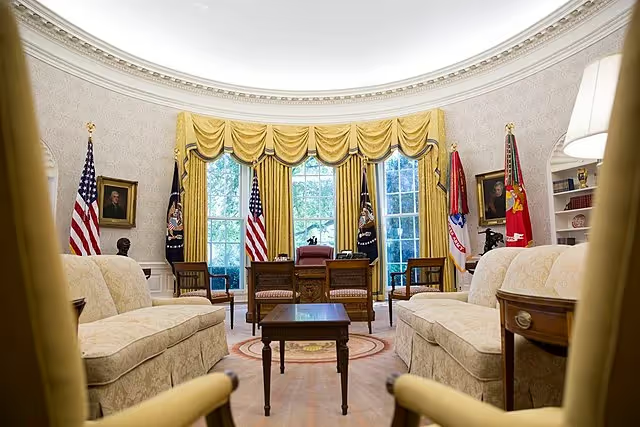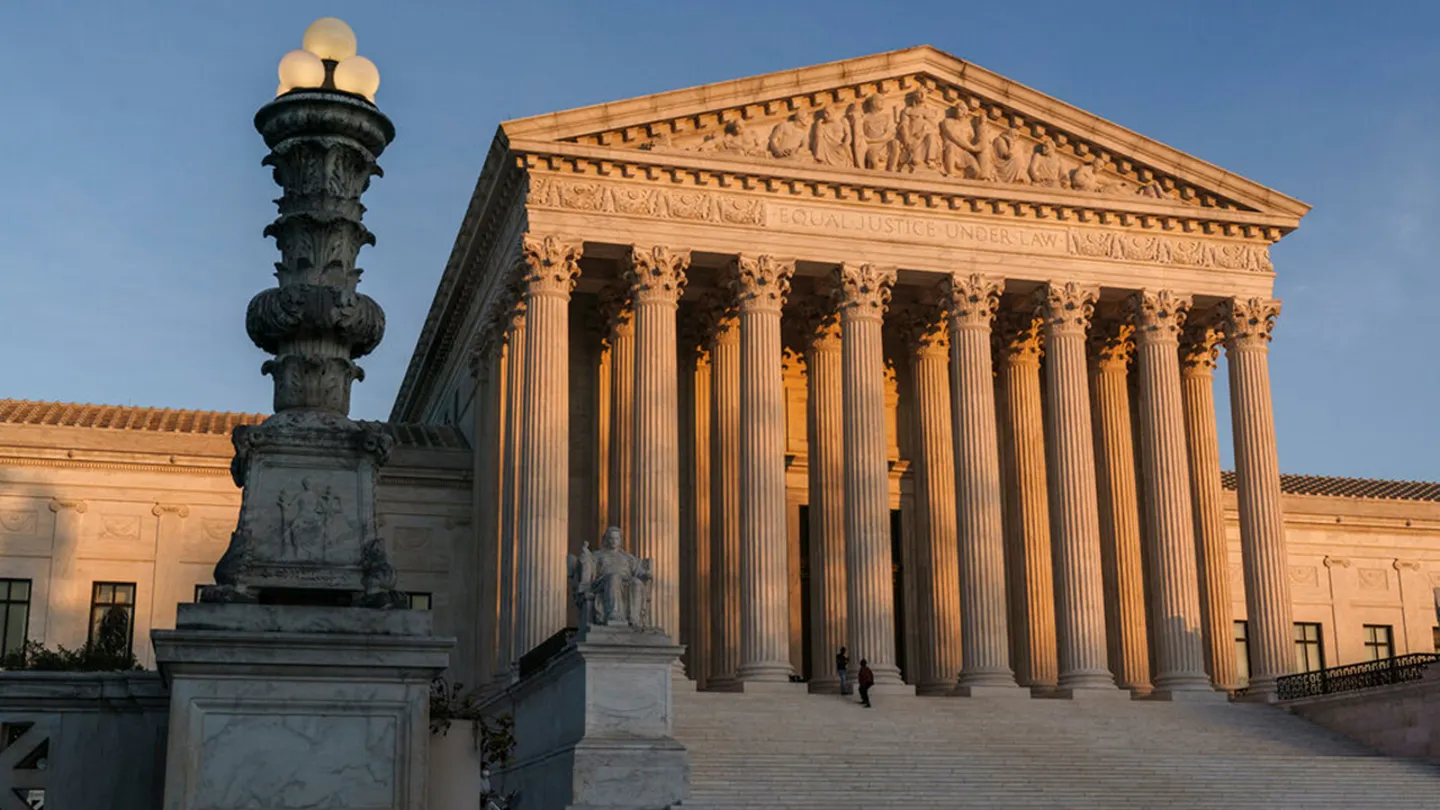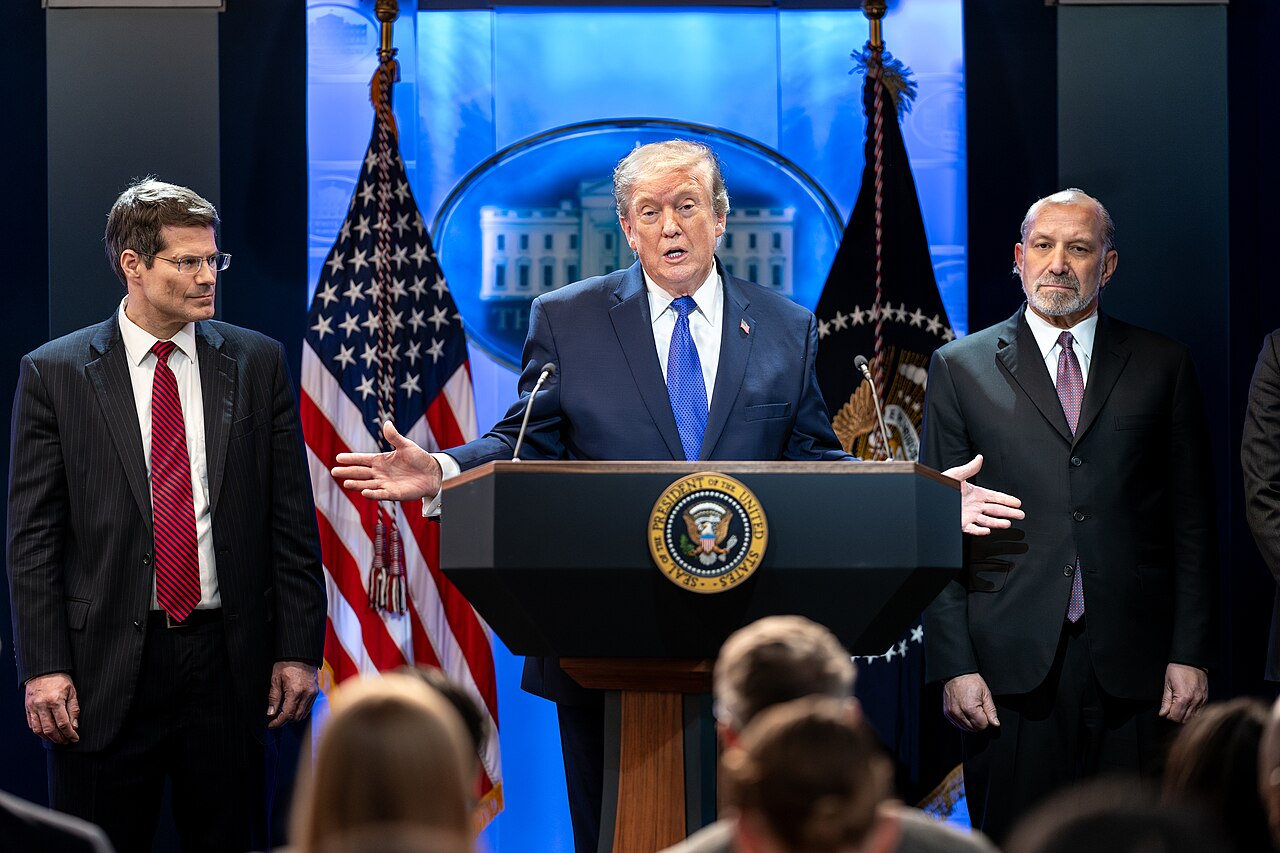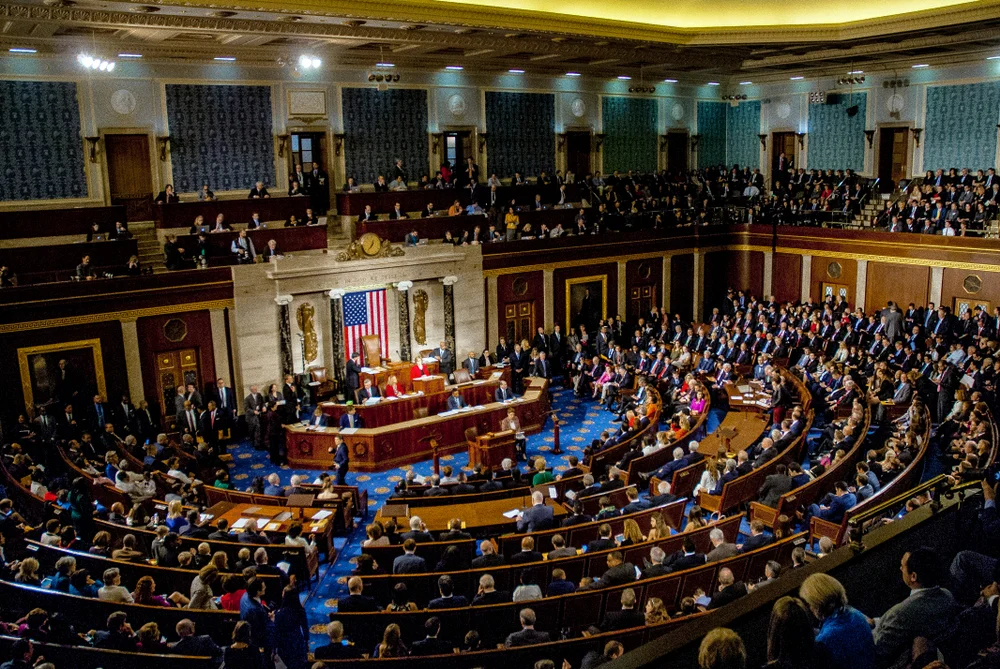
Trump Has Launched a Necessary Fight Over the President’s Spending Discretion
Whether he realizes it or not, President Trump could help restore the system the Founders envisioned.
President Trump’s attempted freeze on discretionary federal spending has run into a buzz saw of condemnation in Washington. As with several of Trump’s initiatives, opponents claimed that he had violated the Constitution and threatened the American system of government. They even convinced a federal judge in Washington, D.C., to temporarily block the order. But what critics, and perhaps even Trump, may not understand is the greater significance of this fight: it represents an effort to free the presidency of the Watergate “reforms” that have long handicapped it.
In the disputed order, the White House directed federal agencies to “temporarily pause all activities related to obligation or disbursement of all Federal financial assistance” and “identify and review all Federal financial assistance programs and supporting activities consistent with the President’s policies and requirements.” After the federal court injunction, White House officials backpedaled, at first conceding that they had rescinded the freeze but then claiming that it remained in effect.
Trump’s other moves have received the same treatment. His blizzard of executive orders has sparked cries that he is expanding presidential power beyond its constitutional limits. A federal district judge last week blocked Trump’s order reversing birthright citizenship as “blatantly unconstitutional.” After he removed 17 inspectors general, the New York Times editorial board declared that “many of Mr. Trump’s first assertions of executive power blatantly exceed what is legally granted.” When Trump ended federal diversity, equity, and inclusion programs, government employees and grantees filed suit on the ground that the White House was violating their free speech rights and infringing on Congress’s power of the purse. “In the United States, there is no king,” the lawsuit claims.
Constitutionalism

Amicus Brief: Hon. William P. Barr and Hon. Michael B. Mukasey in Support of Petitioners
Former AGs Barr and Mukasey Cite Civitas in a SCOTUS Brief

Rational Judicial Review: Constitutions as Power-sharing Agreements, Secession, and the Problem of Dred Scott
Judicial review and originalism serve as valuable commitment mechanisms to enforce future compliance with a political bargain.

State Courts Can’t Run Foreign Policy
Suncor is also a golden opportunity for the justices to stop local officials from interfering with an industry critical to foreign and national-security policy.

Supreme Court tariff ruling should end complaints that justices favor Trump
John Yoo writes on the Supreme Court’s decision on President Trump’s tariff case.

Trump’s Tariff Tantrum
Trump leaps from the frying pan into the fire in the aftermath of Learning Resources v. Trump.

The Administrative State’s Sludge
Congress has delegated so much power across so many statutes that it’s hard to find a question of any public importance to which some agency cannot point to policymaking authority.


.avif)










.webp)


